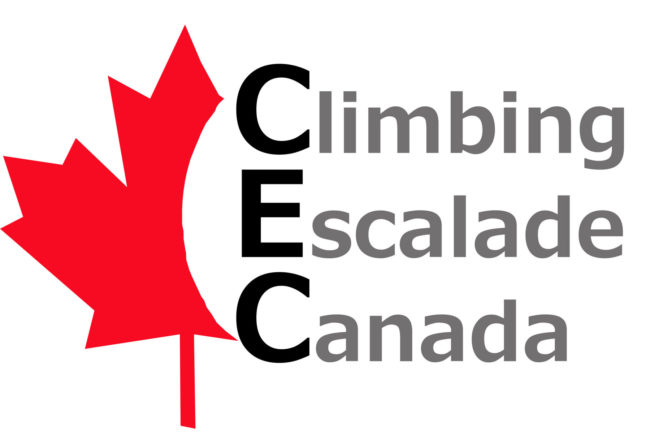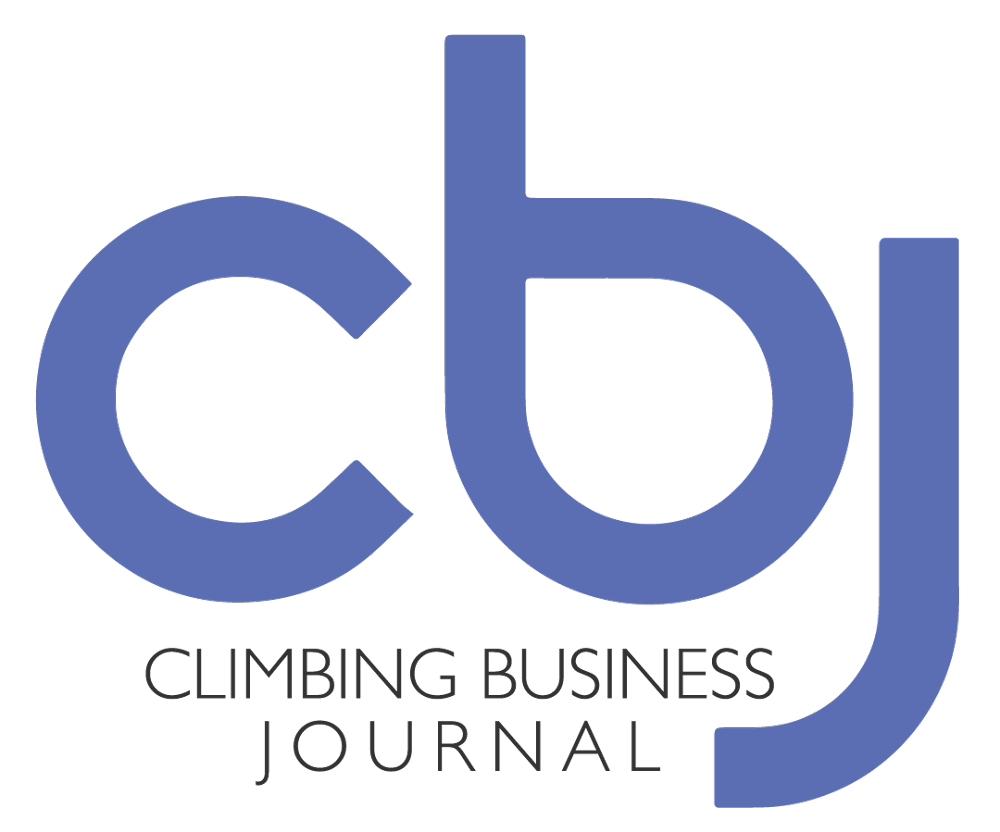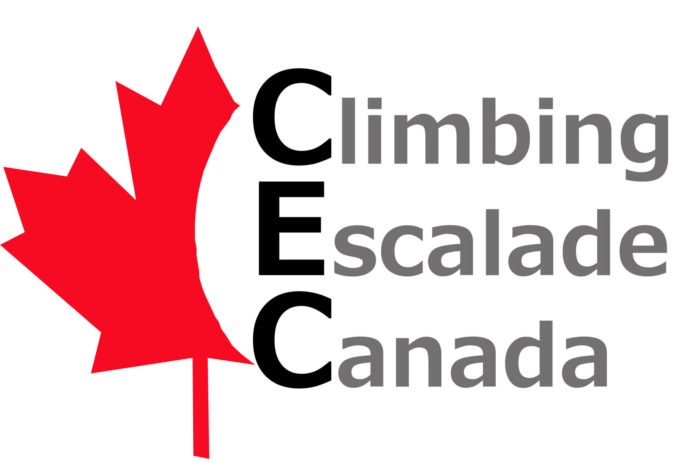
Climbing Escalade Canada (CEC), the national governing body of competition climbing in Canada, recently released its annual report for the 2020-2021 period. In addition to summarizing impacts of the COVID-19 pandemic, the report also reiterated some of the organization’s long-term targets presented in its Strategic Plan 2021-2024.
“We did not waste any time feeling sorry for ourselves; we rolled up our sleeves and turned this crisis into multiple opportunities,” said Christiane Marceau, Executive Director of CEC. “We laid the foundations on which to grow a solid National Sport Organization (NSO), based on communication, inclusion, and transparency. I am excited by all of the integral programs we have in the pipeline that are focused on education, mentorship, grassroots development, and athlete excellence. With our 2021-2025 Strategic Plan as our guiding light, we are establishing ourselves as a leader in the Canadian sport system, and the future is bright for Climbing Escalade Canada.”
Adding Members
The strategic plan focuses on several foundational elements to strengthening the relatively young sport organization. Federally incorporated as Canada’s National Sport Organization (NSO) for competition climbing in 2012, CEC officially replaced the Alpine Club of Canada (ACC) as Canada’s IFSC member in 2016―the same year CEC became recognized by the Canadian Olympic Committee, according to Gripped.
One aspect to achieving further national alignment across Canada is the recognition of Provincial and Territorial Sport Organizations (PTSOs) for competition climbing in more provinces and territories. CEC already took a step towards that goal in 2021. In March, Climb Yukon became the latest recognized PTSO, joining four other provinces and the ACC as CEC voting members.
Building Frameworks
CEC’s annual report also emphasized the ongoing goal to continue improving its support of athlete and competition development. Key to doing so is its “performance pathway” building block, which includes certifying high-performance training centers in the country and developing national certification programs for coaches, belayers, officials and routesetters.
Already, CEC is working to introduce climbing to Canada’s National Coach Certification Program (NCCP). Additionally, an online e-learning module introducing judges to competition climbing and an Athlete Development Matrix for coaches is expected to be released later this summer. In 2018, the CEC published a Long-Term Athlete Development Model, and the new Matrix will help coaches better understand how to apply the Model’s principles. A Gold Medal Profile, which “will help athletes and coaches understand what is required to be the best of the best,” is also forthcoming.
Winning Medals
At the highest level of competition, medals at the Olympics by 2024 was―not surprisingly―among CEC’s objectives in the report. Canadian athletes Sean McColl and Alannah Yip are among the climbing Olympians on the roster for the Tokyo Olympics, which kicks off next month. Climbing is also included at the following summer Olympics, Paris 2024, where two sets of medals will be on the table.

In the meantime, few Canadian athletes have been able to compete on the IFSC World Cup circuit, due to the COVID-19 situation in the country. The first Canadian stop of the new North American Cup Series―previously slated for July 17-18 in Kanata, Ontario―has been postponed as well. (The Series officially kicked off last weekend in Salt Lake City.)
Striving for Gender Equity
Finally, CEC’s annual report also highlighted its gender-focused initiatives. Last November, CEC launched its first Gender Equity Grant “to increase womxn participation in sport climbing,” and this month CEC achieved gender parity with its Board of Directors for the first time. The Gender Equity Grant will be renewed in 2021, and CEC is also working on a Womxn Mentorship Program which will “support development and mentorship of female routesetters, judges, and coaches.”
CEC’s work in this area has included reviewing and revising its current policies. Multiple policies have been updated, and the organization’s Equity and Inclusion Policy, Athlete Protection Policy, Transgender Inclusion Policy, and Risk Policy are currently under review.
This summer, the results of a CEC demographic survey are also expected to be released. The survey, conducted in partnership with the University of Waterloo, will shine light on Canada’s climbing demographics.

Climbing Business Journal is an independent news outlet dedicated to covering the indoor climbing industry. Here you will find the latest coverage of climbing industry news, gym developments, industry best practices, risk management, climbing competitions, youth coaching and routesetting. Have an article idea? CBJ loves to hear from readers like you!







